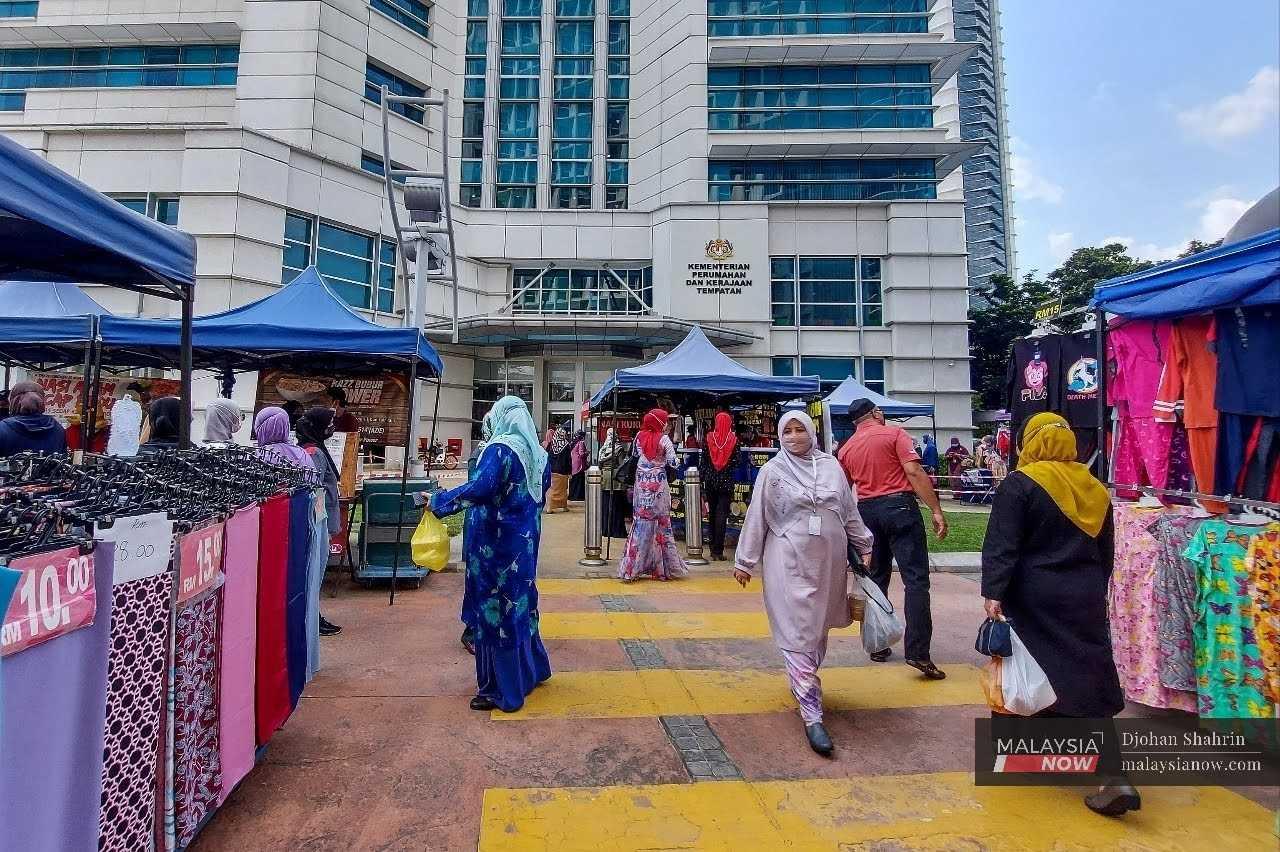Civil servants get windfall with RM2,500 cash aid
Funds have been allocated for cash assistance for a number of groups including civil servants and low-income families.
Just In
The government announced the allocation of funds for various types of cash assistance for target groups including civil servants in the 2023 budget presented by Finance Minister Tengku Zafrul Aziz in the Dewan Rakyat today.
This includes one-off Bantuan Keluarga Malaysia (BKM) aid of RM2,500, the most ever set aside for households with five children or more with a combined income of less than RM2,500 a month.
Zafrul said such individuals would comprise a new category of families with large numbers of children.
"Households with up to four children, meanwhile, will receive between RM1,000 and RM2,000," he said.
"For households with a combined income of RM2,500 to RM5,000, the BKM will range between RM500 and RM1,250 depending on the number of children."

Senior citizens and singles will continue receiving BKM of RM600 and RM350, depending on the income limit.
Civil servants meanwhile will receive special Aidilfitri aid of RM600, to be paid out in March 2023.
They will also receive a special additional salary increase of RM100 and financial assistance of RM600, bringing the total value of assistance next year to RM2,500 for eligible civil servants.
E-wallet credit of RM100 will be given to those in the M40 group with an annual income of less than RM100,000 under the e-Startup initiative which is expected to benefit eight million recipients.
Women from BKM households who give birth meanwhile will receive RM500 in cash while early schooling aid has been increased to RM100 per student regardless of their parents' income level.
This involves an allocation of RM825 million.
Subscribe to our newsletter
To be updated with all the latest news and analyses daily.
